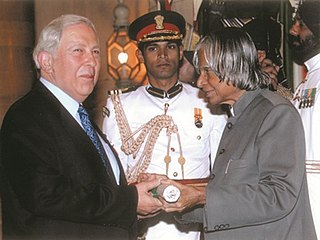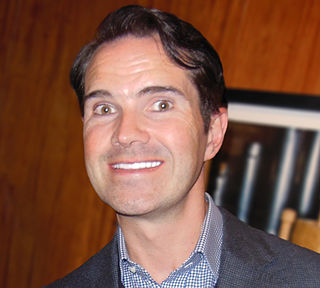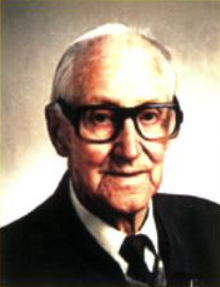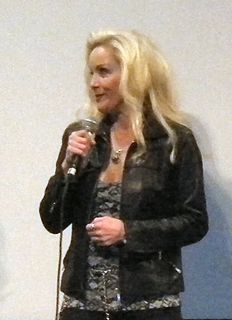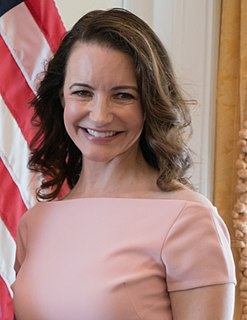A Quote by Yusuf Hamied
I had seen AIDS patients in India and Africa, and knowing that people were dying even though drugs existed that could help them was shattering for me.
Related Quotes
If I had not grown up in Nigeria- and if all I knew of Africa were of popular images- I too would think that africa was a place of beautiful landscapes, beautiful animals and incomprehensible people fighting sensless wars, dying of poverty and aids- unable to speak for themselves and waiting to be saved by a kind white foreigner.
My idea of what was going on in politics was driven by activism. I came out when I was 17, and right away I started working in the AIDS activist movement. For me, politics was about getting drugs approved and getting prisoners access to the same kind of drugs that you could get on the outside. It was about getting needle exchanges approved. That was politics. These were policy problems that were killing people, and we were trying to get them changed.
We economists, in our classes, teach students that to some degree, price discrimination is actually a good thing; that it allows you to serve lower-income people. Take Africa, with AIDS. They could never finance what an AIDS cocktail costs here, over $10,000 a year. But if you sold it to them for $300 a year, which just barely covers cost, they could probably serve quite a few of their citizens, with World Bank help. We economists say that will be beneficial. But it's a two-tier system; yes, African people pay less than we would pay.
I've interviewed people where their response was literally one word for everything I asked. This didn't help me get to know them, nor did it sell me on their skill set to help my company achieve its goals. I got nothing from them, which meant I had no way of knowing if they were really a good fit in the company.
Most drugs sold in the U.S. are produced outside of the country, and if we can ensure supply-chain safety for these drugs, introducing more of them to the market quicker could mean major differences in the price of drugs, quality of life for patients, and for some Americans the difference between life and death.
It felt as if we'd been to war together. Deep in a jungle, alone, I had relied on them, these strangers. They'd held me up in ways only people could. When it was over, an ending never felt like an ending, only an exhausted draw, we went our separate ways. Be we were bonded forever by the history of it, the simple fact they'd seen the raw side of me and me of them, a side no one, not even closest friends or family had ever seen before, or probably ever would.
Even when I took the drugs I realized that this just wasn't fun anymore. The drugs had become a part of my routine. Something to wake me up. Something to help me sleep. Something to calm my nerves. There was a time when I was able to wake up, go to sleep, and have fun without a pill or a line to help me function. These days it felt like I might have a nervous breakdown if I didn't have them.
